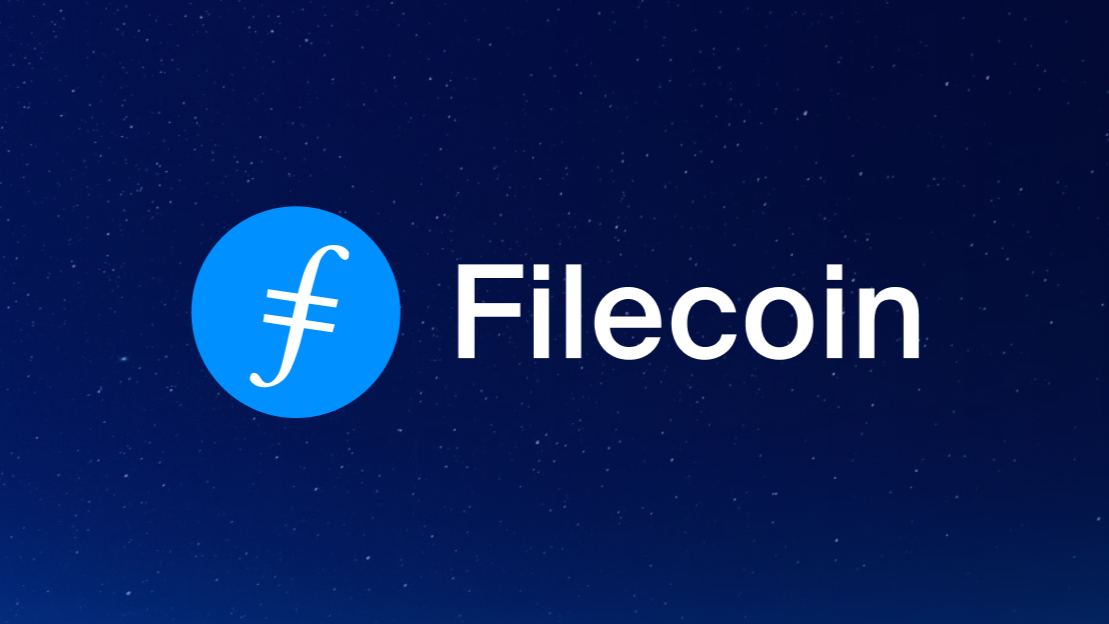We often aim to spotlight crypto projects with the potential to bring real-world utility. Even in the fun, meme-filled world of Pump.Fun, blockchain technology holds significant promise. We’re still in the early stages of discovering what it can offer, particularly for business and enterprise applications. This week, let’s dive into Filecoin, a decentralized cloud storage protocol.
Here’s an interesting fact: Did you know that most of your favorite apps rely on cloud storage? Yes, platforms like Netflix, Spotify, and Shopify store vast amounts of data on Amazon, Google, or Microsoft cloud servers. This approach makes data management cheaper and more efficient, as companies only pay for the storage space they need, avoiding the hassle of managing large physical servers in unknown locations. However, relying on these “Big Three” comes with risks. If one of these companies experiences an outage or security breach—as has happened in the past—users are left vulnerable, hoping for a swift resolution from tech giants.
This is where Filecoin steps in. Filecoin is a decentralized storage network designed to provide a secure, blockchain-based way for users to store, retrieve, and manage data. Developed by Protocol Labs, it builds on the InterPlanetary File System (IPFS), a peer-to-peer file storage protocol. But what does all this mean? Essentially, a network of connected computers offers storage space that can be bought by companies or individuals, distributing data across many nodes. If one server goes down, the data remains accessible because it’s replicated across multiple locations. Users pay for storage, while storage providers, or “miners,” earn Filecoin tokens by offering space and ensuring data remains secure and available.
How does it all work, you ask? Here are the key components:
Storage Miners: These participants provide storage space and earn Filecoin tokens for securely storing data. They use cryptographic proofs to demonstrate that data is stored properly.
Retrieval Miners: These miners retrieve and deliver data to users, earning rewards for efficient service.
Proofs: Filecoin uses two cryptographic proofs: Proof of Replication (PoRep): Confirms that a unique copy of the data has been stored. Proof of Spacetime (PoSt): Verifies that the data continues to be stored over time.
Participants in this ecosystem earn Filecoin (FIL) tokens, and users can pay with these tokens for storage services. Third-party platforms also facilitate payments, making Filecoin more versatile. The decentralized nature of Filecoin ensures that data is distributed globally, enhancing reliability and redundancy.
While the privacy and decentralization advantages of Filecoin are appealing, the platform does have some drawbacks. It doesn’t match the resources or speed offered by giants like AWS or Google Cloud. This makes deploying complex applications more challenging, and Filecoin lacks the extensive suite of tools that bigger cloud providers offer. For example, setting up a streaming service on Azure could take minutes or hours, while Filecoin’s limitations make such tasks far more complicated. As a result, Filecoin may not be suitable for users without a high level of technical expertise. Additionally, the project faces competition from other decentralized platforms, offering little in terms of unique features.
In summary, Filecoin presents an interesting alternative for decentralized file storage, especially for highly sensitive or confidential data. However, for major applications, it might not be the best choice yet. The token has potential, but only if the core team continues to innovate and make the platform more user-friendly. As blockchain technology evolves, more exciting developments are sure to emerge.



















Leave a Reply